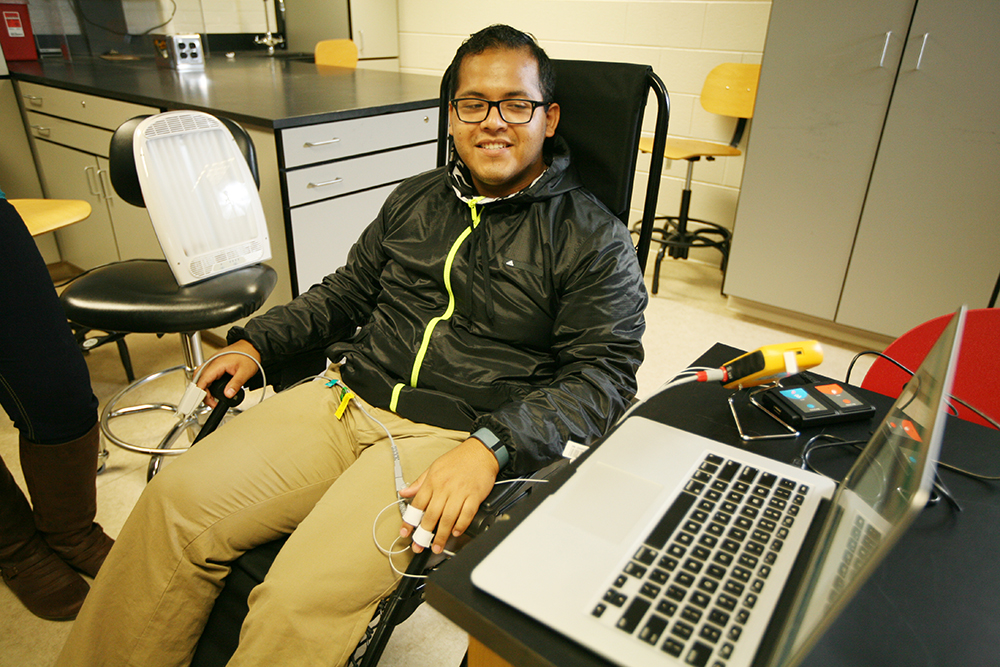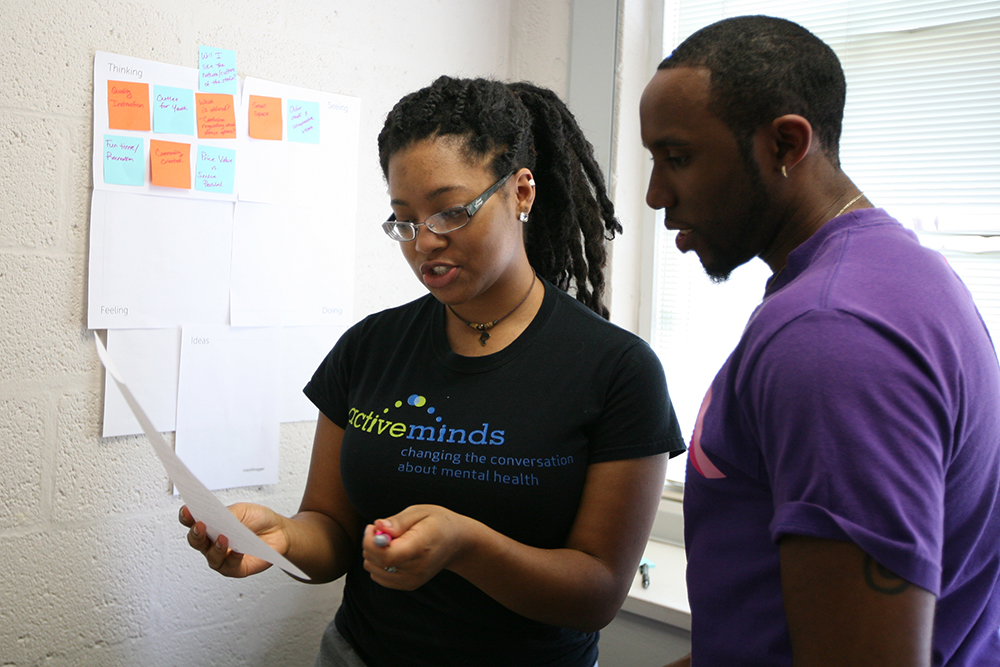Becoming a licensed clinical social worker requires six years of higher education and nearly $200,000 in tuition. Becoming a psychiatrist? Twelve years of training and more than $300,000 in tuition. Those hoping to enter the mental health profession on a quicker timeline and with less investment might instead consider becoming a Qualified Mental Health Professional, or QMHP.

Entering the field of mental health professions
As behavioral health case managers, QMHPs find employment everywhere from day treatment programs, behavioral health case management, and 24/7 residential programs to community mental health centers, with opportunities to work with either adults or children.
Virginia is one of only a handful of states to date utilizing the QMHP designation.
In 2018, Virginia created formalized requirements for becoming a QMHP that specified how to achieve the designation. In order to become a QMHP in Virginia, you’ll need either: a bachelor’s degree in non-human services and 3,000 hours of experience, a bachelor’s degree in human services (psychology, social work, etc.) and 1,500 hours of experience, or a master’s degree in psychology or social work (or a few others), along with 500 hours within the program (as an internship/practicum).

“In Virginia it’s pretty well known that if you want to be a teacher, you at least need a bachelor’s degree. But if you get a master’s degree, you get an automatic bump in pay,” Psychology professor Dr. Alan Eby says. “The same kind of thing applies in state positions at community services boards and behavioral health hospitals. If you have a bachelor’s degree, you’re on one pay scale. If you have a master’s degree, you often get a bump in pay.” Eby notes that the pay increase could be as much as $5,000 per year.
Return on investment is certainly an important consideration when searching for a program, but Eby says students who are applying to graduate schools should also consider practical application—especially in the field of mental health.
“I did a job search for hundreds of [behavioral health] jobs and clustered everything into about seven or eight categories,” Eby says. “Every single class that we have is directly related to skills or a proficiency in certain areas listed in a job posting in Virginia.”

Most students conduct their internships at community services boards, organizations that coordinate publicly funded assistance for those with mental health, substance use, and developmental issues. Eby says many QMHPs-in-training at Bridgewater find work in residential treatment centers, where they’ll supervise residents, confirm they’ve taken medication, and observe behavior to make sure residents’ are staying consistent with their treatment plan. Occasionally, a student may conduct a class delivering what’s called psychoeducational material, “teaching individuals about their illness and how to best live their life with their illness as they go forward,” Eby says.
Eby says he’s hopeful that, within the next five years, there will be a broader understanding of the need and level of service provided by QMHPs.

